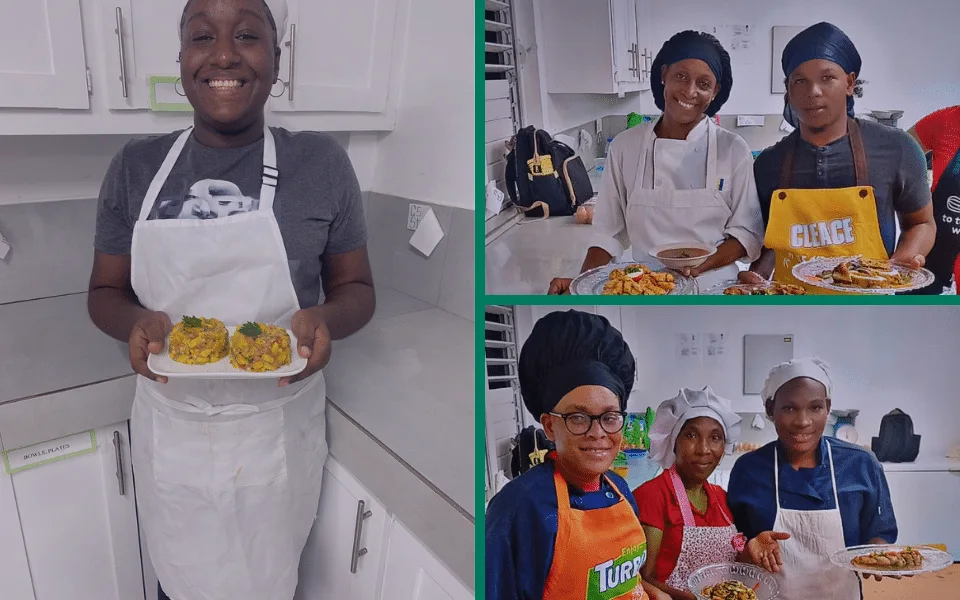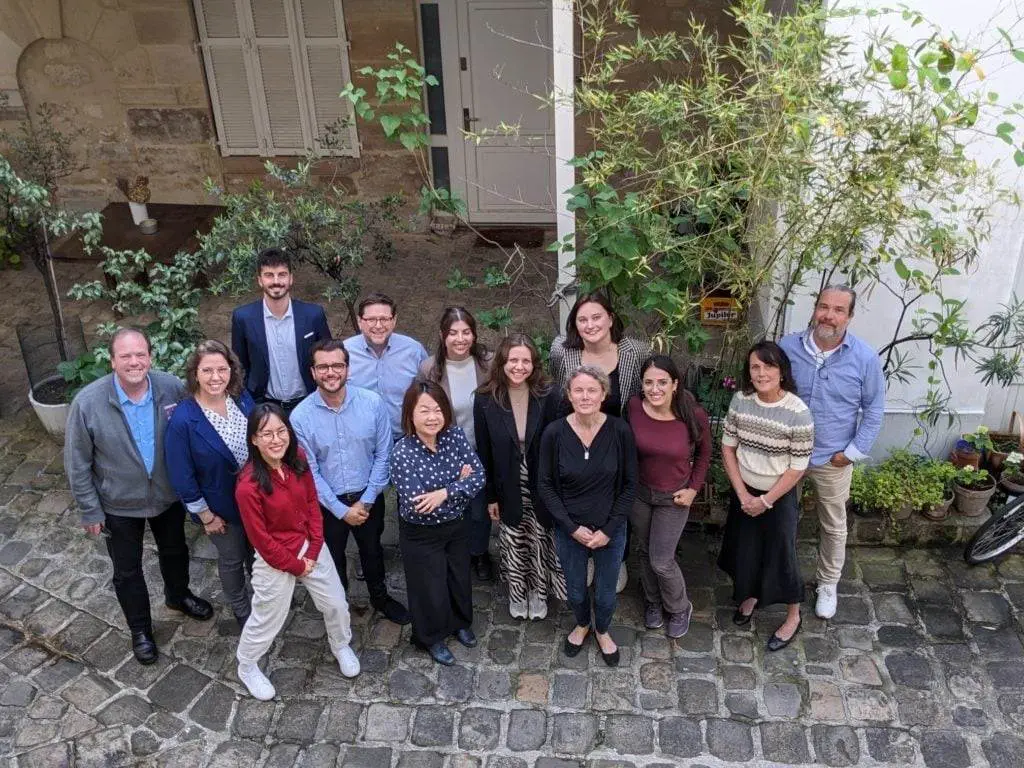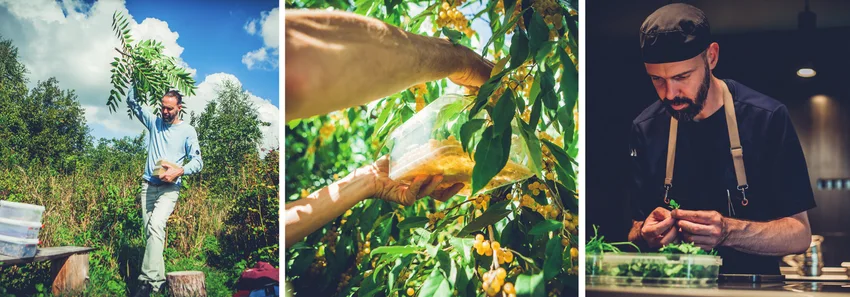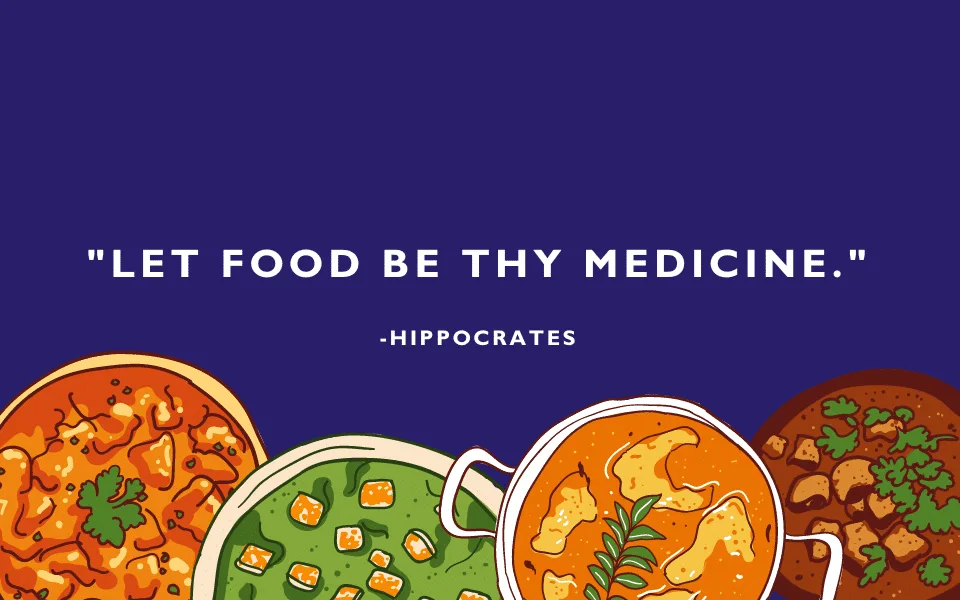With the Paralympic Games underway in Paris, the world is witnessing a historic celebration of inclusivity and a testament to the fact that nothing is above our ability to make it accessible.
Just as the Paralympics shine a spotlight on these exceptional athletes, the professional kitchen can embrace similar principles, ensuring that every chef, regardless of their background or abilities, has the opportunity to excel.
Lessons from the Paralympic Games
With the Olympic Village setting its own sports record as the world’s biggest restaurant, feeding thousands of athletes while keeping social and environmental progress top of mind, these Games not only highlight the abilities and achievements of athletes with disabilities but also embody a broader message about the power of inclusivity.
The Paralympic Games are a powerful reminder that with the right commitment, support, and mindset, barriers can be broken. These athletes train rigorously, overcome immense challenges, and redefine the limits of possibility, all within a framework designed to celebrate diversity and ensure fair competition.
But why stop at top athletes? The professional kitchen can take a page from this playbook by fostering an environment where inclusivity is not just an ideal but a standard practice.
Advancing Inclusivity Through Worldchefs’ Equality & Inclusion Culinary Committee
To help accelerate a more inclusive and welcoming industry for the world’s largest marginalized community, Worldchefs works to foster inclusivity through its Equality & Inclusion Culinary Committee. The committee’s mission is to create career opportunities for individuals with special needs.
Chris Sandford, Chairman of the committee and founder of the Culinary Ability Awards, created in 2005, has been a pioneer in advocating for chefs with disabilities. In 2020, he and his Culinary Ability Awards team made history—the first-ever team of chefs with disabilities to compete in the Culinary Olympics since its founding in 1900. A talented crew of five chefs from Scotland, Ireland, Italy, and Germany competed on the global stage. This groundbreaking achievement highlighted the incredible potential of other-abled chefs and challenged the industry to rethink traditional notions of who belongs in the kitchen.
“I believe our industry needs this opportunity. We don’t have the solution to the staffing crisis, but, we have a partial solution that helps youngsters who are often overlooked. This will really highlight the ability in disability.”
Chris Sanford, Chairman of Worldchefs Equality & Inclusion Committee

Beyond Hiring: Building an Inclusive Environment
Creating an inclusive kitchen begins with embracing diversity, and celebrating the richness of culture, gender identity, abilities, and learning styles. Kitchens that prioritize inclusivity benefit from a broader exchange of ideas and experiences, leading to innovation and new solutions to help drive progress in the culinary world. Diverse backgrounds mean diverse perspectives, whether they show up on the menu or messaging, making it more adaptable and resonant with a wider audience.
However, inclusivity in the kitchen goes beyond just hiring practices. It requires a commitment to accessibility, from designing workspaces that cater to all physical abilities to offering training that accommodates different learning needs. Just as the Paralympic Games are structured to highlight the strengths of every athlete, kitchens should be equipped to allow every chef to showcase their talents, regardless of their circumstances.
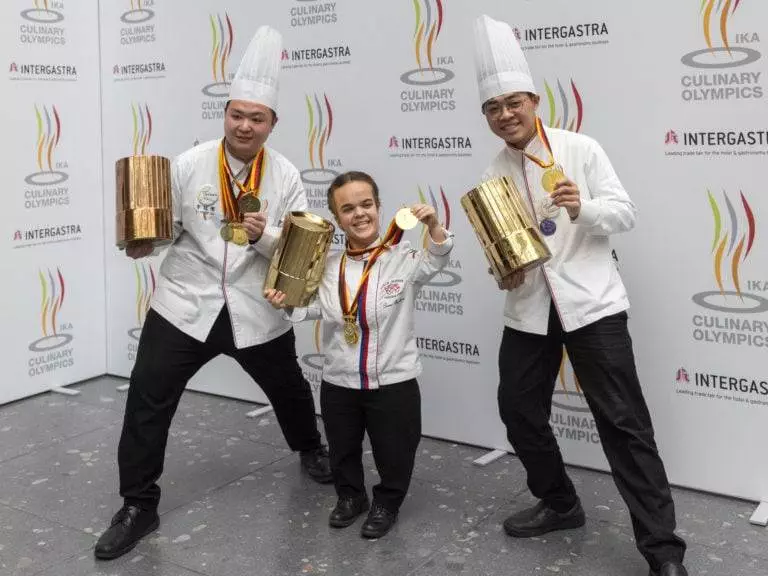
As the culinary world continues to evolve, we must champion inclusivity as a core value and embed inclusive values into our organizations and businesses. Let’s take inspiration from the Paralympic athletes who redefine what’s possible and ensure that our kitchens are places where every chef can thrive.
Taking Action Towards Inclusivity
Start today by assessing your kitchen’s inclusivity. Look at your team, your recruitment process, your workspace, and your training methods. What changes can you make to ensure that your kitchen is a place where everyone, regardless of their background or ability, can thrive? Progress often starts with conversation, so ask your team how you can better understand and support their needs.

Inclusivity isn’t just a goal—it’s the recipe for a stronger, more innovative culinary future. The 2024 Paris Paralympic Games are keeping the flame burning bright. It’s up to us to ignite the stoves and cook up a more equitable and inclusive tomorrow.
Keep exploring how you can build an inclusive hospitality environment by tuning in to Worldchef’s podcast, World on a Plate:
- The Unexpected Chef – Empowering Trans Lives Through Culinary Education with Ikal Luzon: Ikal Luzon is the local program coordinator for the Like a Chef project in Argentina. The Like a Chef initiative, created under the Worldchefs Feed the Planet partnership, aims to equip underprivileged individuals with culinary and workplace skills. Ikal shares her inspiring journey from working in kitchens to becoming an ambassador for the Electrolux Food Foundation. Listen here.
- The Untapped Potential of Neurodiversity in the Kitchen: Max Simpson, a trailblazer in neurodiversity and inclusion, discusses the pivotal role of neurodivergent individuals in enriching and diversifying the hospitality industry. Listen here.
- Autistic, Gifted, and Welcome in the Kitchen with Chef Franklin Becker: Franklin Becker, an award-winning chef, Top Chef alum, and autism awareness advocate, shares his story of family, learning, and action, with insights on how the industry can empower neurodivergent individuals. Listen here.
- Read more: It’s Time for Michelin to Break the Glass Ceiling. The century-old institution can make or break a restaurant. It could also be doing a lot more to break the glass ceiling. Read the article here.
Are you a chef in Paris, or in town for the Games?
Top Chef alum Chef Bérangère Fagart, together with Paralympic athletes Arnaud Assoumani and Marie Patouileet, is hosting the first culinary marathon at her restaurant, Sélune, to support the French Paralympic Team. From September 5 to 9, around 30 chefs will collaborate in randomly assigned teams to create 10 new dishes using three specific ingredients.
From Thursday, 5 September to Monday, 9 September, book your seat for the marathon menu benefitting PLAY International, an NGO dedicated to promoting inclusion and well-being through sports, celebrating 25 years of impact.
Cover image: Sport the Library via Wikimedia Commons | Madison de Rozario at the 2012 Summer Paralympic Games in London




